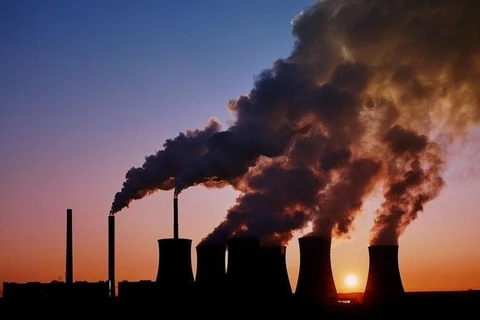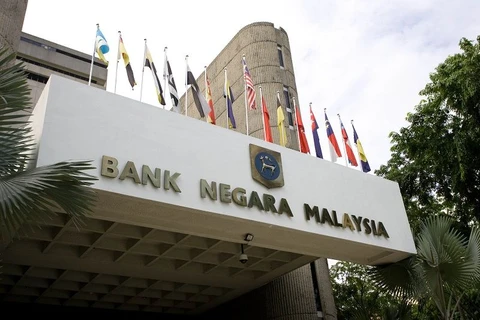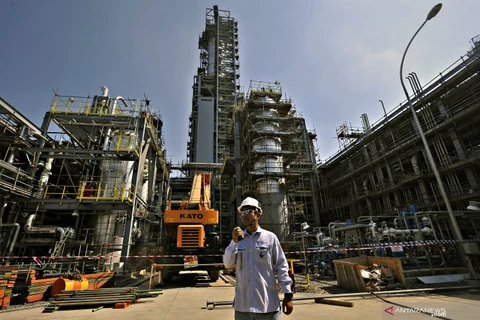Jakarta (VNA) - Agricultural sector of Indonesia has maintained stable growth during the COVID-19 pandemic, accounting for 2.95 percent of the country’s GDP.
Speaking at the Food and Agriculture Summit 2021 on August 3, Indonesian Coordinating Minister for Economic Affairs Airlangga Hartarto said Indonesia's economy starts to recover thanks to efforts to boost economic development and contain the spread of COVID-19 pandemic.
The industrial, agricultural, commercial, construction and mining sectors significantly contribute to Indonesia's GDP growth, but only the agricultural sector remains resilient, Hartarto noted.
The pandemic has raised challenges related to poverty, unemployment, inequality, and affected food security, he said.
The Indonesian government has swiftly implemented agricultural development programmes to ensure food security and improve incomes for farmers and fishermen.
According to the minister, the country has built food production zones to strengthen the national food system.
President Joko Widodo has directed to implement food park projects in Central Kalimantan and North Sumatra, which has made it easier for farmers to access support, financial resources and other assistances from the government and private sectors.
Another programme to promote agricultural production is the development of export-oriented horticulture in order to increase farmers' incomes, Hartarto said.
Accordingly, investors will provide high-quality seeds and support the packaging process, while the government provides financial and export support to improve the competitiveness of horticultural products./.
Speaking at the Food and Agriculture Summit 2021 on August 3, Indonesian Coordinating Minister for Economic Affairs Airlangga Hartarto said Indonesia's economy starts to recover thanks to efforts to boost economic development and contain the spread of COVID-19 pandemic.
The industrial, agricultural, commercial, construction and mining sectors significantly contribute to Indonesia's GDP growth, but only the agricultural sector remains resilient, Hartarto noted.
The pandemic has raised challenges related to poverty, unemployment, inequality, and affected food security, he said.
The Indonesian government has swiftly implemented agricultural development programmes to ensure food security and improve incomes for farmers and fishermen.
According to the minister, the country has built food production zones to strengthen the national food system.
President Joko Widodo has directed to implement food park projects in Central Kalimantan and North Sumatra, which has made it easier for farmers to access support, financial resources and other assistances from the government and private sectors.
Another programme to promote agricultural production is the development of export-oriented horticulture in order to increase farmers' incomes, Hartarto said.
Accordingly, investors will provide high-quality seeds and support the packaging process, while the government provides financial and export support to improve the competitiveness of horticultural products./.
VNA
























